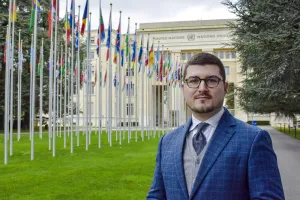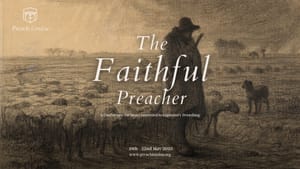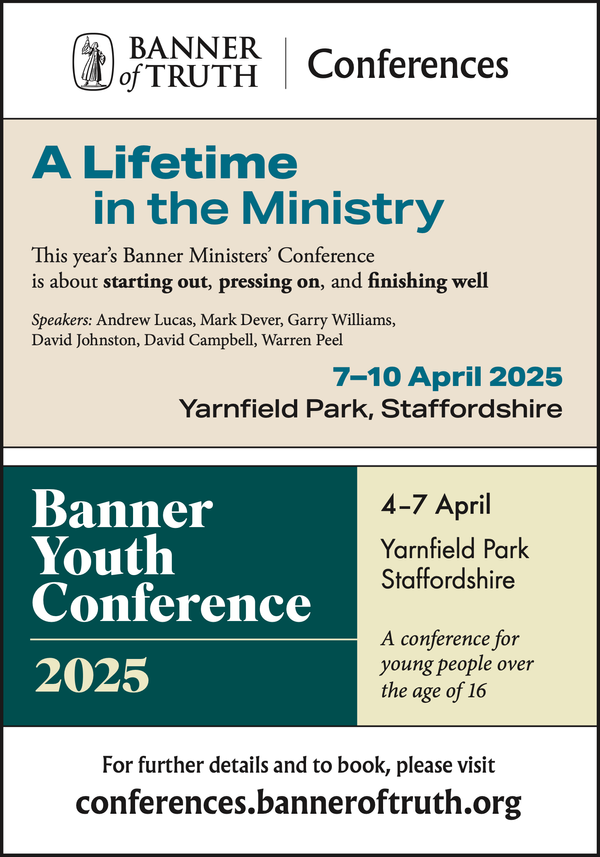There have been some positive changes to a World Health Organisation pandemic treaty which threatened free speech, but there is still need for vigilance.
Previous drafts of the treaty placed a legal duty on nations to combat so-called ‘infodemics’, which refers to ‘too much information’ in response to a pandemic.
In addition, the draft treaty also included vague wording which mandated that countries should shut down ‘misinformation’ and ‘disinformation’ during a pandemic.
Free speech advocates objected to those proposals because they put a lot of power into the hands of governments to decide what is and isn’t legitimate information.
During the COVID-19 pandemic, people wanted to raise reasonable concerns about public policy and to engage in lawful protest against unreasonable restrictions on personal liberty.
Many churches did not feel the restrictions on worship were warranted, especially when other organisations in society were allowed to be open.







